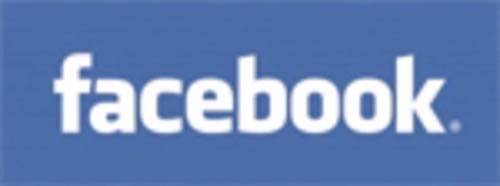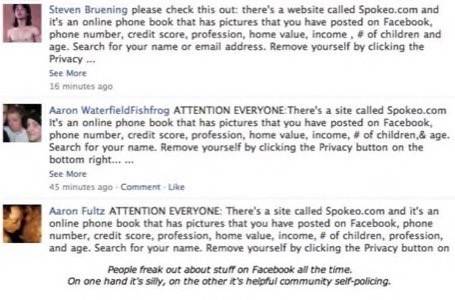Lies, fake news about Facebook and outright scams have grown more common on the giant social network than weeds in a Farmville player’s fields. Now the problem has reached the very top of the organization, with one of only four members of Facebook’s hyper-exclusive Board of Directors apparently handing his account credentials over to a service that started spamming his friends with a fake offer of a “Facebook phone number.” If a guy like that falls for it, who can blame little old you or me if we fall for such a scam, too?

Apparently the Board Member, investor Jim Breyer, has had his Facebook account suspended over the spam. “Users whose accounts have been compromised are put through a remediation process, where they must take steps to re-secure their account and learn security best practices,” a Facebook official told leading financial industry blog PEHub yesterday, “This is what happened with Mr. Breyer’s account.” If Facebook becomes all the more awash in scams and spams, this may be a key symbol of when the tide turned and it became too much.
If you’re a regular Facebook user and have friends outside the tech industry, you no doubt see all kinds of scams, spam and rumors being passed around. For example, that Facebook will soon start charging users for their accounts. (Totally untrue.)

Facebook is now a very mainstream phenomenon, and so the same millions of people who are too busy doing other things in their lives to know what an internet browser or other basic technical matters are, now push messages around Facebook sometimes with little familiarity with how things work and with less friction than ever before.
In as much as Facebook has brought push-button publishing and social graph technology to hundreds of millions of people around the world for the first time – this is a big challenge the company is going to have to deal with in order for its service to have maximum, long-lasting impact on our culture.
Smart people fall for phishing scams, there’s nothing new about that. Phishing is old enough too that it probably doesn’t make sense to feel ashamed, either.
In as much as Facebook has brought push-button publishing and social graph technology to hundreds of millions of people around the world for the first time – this is a big challenge the company is going to have to deal with in order for its service to have maximum, long-lasting impact on our culture.
Can Facebook Kill the Spam?
See also:What Happens When You Deactivate Your Facebook Account and “How Do I Delete My Facebook Account” – A Fast Growing Query
Facebook does have a unique advantage over email, the company points out. When a message from a source is discovered to be spammy, the company can zap it system-wide all at once. Apparently that’s only proven so effective so far, though.
If every social network rises and falls, though, effectively tackling this problem may be important to protecting the Facebook user experience from “pulling a MySpace.” When the problem reaches the very top of the company, it may be time to be concerned.
MySpace took big steps to kill spam years ago, but not until it was too late and the company’s reputation was set. Can Facebook save itself from a similar fate? We’ll see.
















